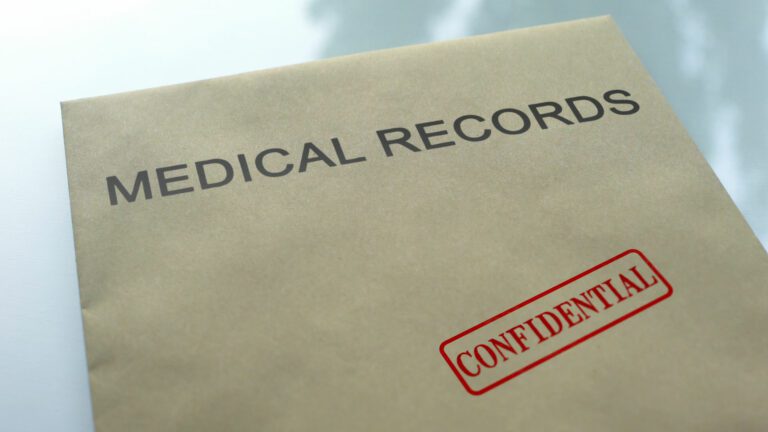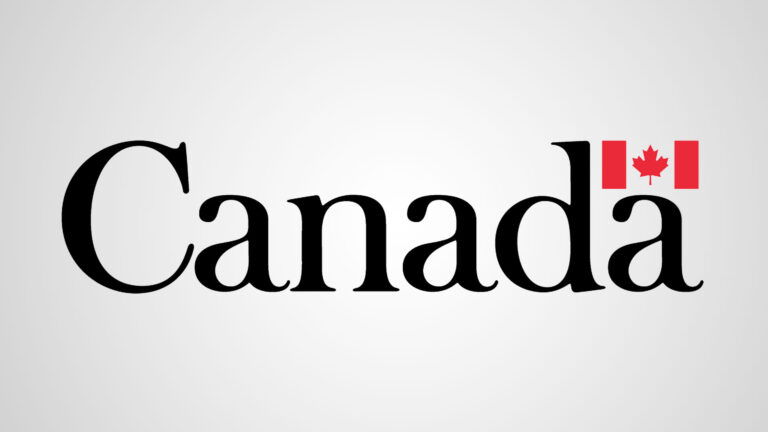
Albertans need to know that their personal health information is secure and will remain confidential with pharmacy professionals. A breach of confidentiality can cause embarrassment, financial implications, compromise personal or professional reputation, and put patients at risk of identity theft. It could also affect someone’s health. If a patient can’t trust pharmacy professionals with their most sensitive and personal health issues, the patient won’t feel they can be open and frank with the pharmacy professional—and that means health providers won’t have the crucial information they need to provide an appropriate level of care.
Not adhering to the Health Information Act (HIA) can have severe consequences as the following cases demonstrate.
A Calgary pharmacist was found to have accessed one of his patient’s health information for the unauthorized purpose of contacting her to pursue a personal encounter. A Hearing Tribunal ordered a three-month suspension for the pharmacist and ordered thousands of dollars in fines and costs, among other orders.
An Edmonton pharmacist was fined $15,000 by the Office of the Information and Privacy Commissioner (OIPC) after she pled guilty to knowingly obtaining or attempting to obtain health information in contravention of the Health Information Act. A Hearing Tribunal later ordered her practice permit suspended for four months and assessed thousands of dollars in fines, among other orders.
The Alberta College of Pharmacy’s Helping pharmacists and pharmacy technicians understand the Health Information Act helps you navigate the guidelines for privacy and confidentiality that are in the HIA.
In brief, the guide covers the following areas:
- Collecting. You must limit the amount and type of information you collect and use to the least amount of health information essential to carry out the authorized purpose, with the highest degree of anonymity possible.
- Use. You can, without patient consent, share health information about patients with other custodians within the circle of care so long as it is connected to specific authorized purposes related to administration and delivery of health care for the patient.
- Disclosure. As with collection and use of health information, you must limit the amount and type of information you disclose to the least amount of health information essential to carry out the purpose, with the highest degree of anonymity possible. In addition, if a patient explicitly makes a request to limit disclosure of their health information to, for instance, certain health providers, you must closely consider and be prepared to accommodate this request if it is reasonable and practical.
- Security. Because health information is so sensitive, the HIA requires pharmacy professionals to institute and maintain a comprehensive information security program for protecting the confidentiality and integrity of health information in their custody and control.
Visit the OIPC website to learn more about your responsibilities with health information, mandatory breach reporting requirements, and to view other investigation findings, decisions, judicial reviews, and orders.




